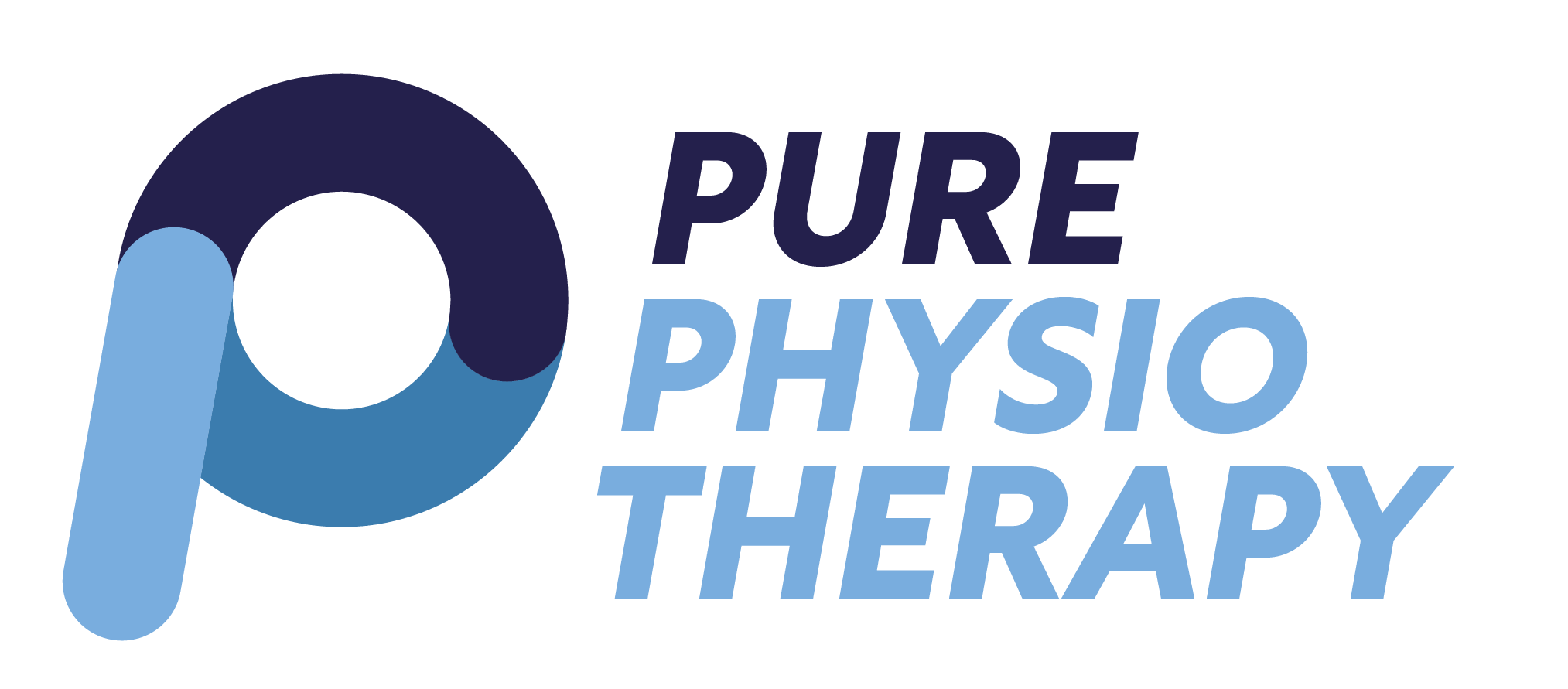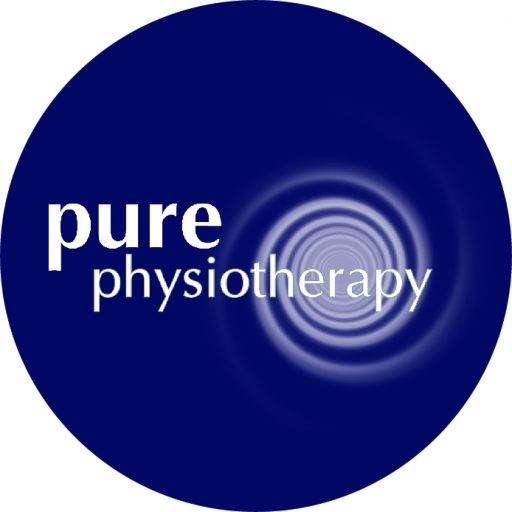Stress
With this week being ‘Stress Awareness Week’, we wanted to highlight the important impact stress can have on you and how we deal with it best.
Everyone feels stress sometimes, in fact “one in 14 UK adults (7%) feel stressed every single day”[13], but what is it and is it all bad?
People from all walks of life and in all age groups experience stress, from a child starting their first day at school or someone facing an increasing workload at work. Sadly, the increasing numbers of stress-related cases and growing awareness of poor mental health and wellbeing in our society is an ever-growing concern.
There is a near-constant exposure to mental stimulation and distraction we’re having time alone away from technology or being bored are things we feel are frowned upon and to be avoided at all costs.
What is stress?
Simply put, stress is the body’s reaction to feeling threatened or under pressure [14]. Stress itself is inherently not a bad thing. It is a natural phenomenon of living. However, high levels of stress that are not controlled or without respite can seriously compromise health. It can affect relationships and leave people feeling unhappy, isolated and even depressed.
There is a common misconception that it is a purely mental condition, however, there is a strong link between the mental and physical state. Stress manifests itself physically in issues such as high blood pressure, heart disease, chronic fatigue, hair loss, insomnia and headaches [6]. The good news? In the same way you can treat a bad back, you can treat stress.
What can you do?
There are many things that you can easily do to help combat your stress:
Exercise
Physical activity is a great way to reduce stress and anxiety. Physical activity releases ‘feel good’ chemicals called endorphins which help improve your mental state. This doesn’t have to be a heavy sport such as running, try going for a walk in the local park or trying your hand at gardening.
Sometimes though, we’re too tired, mentally exhausted or have other more important things to do and exercise might not be something you’re up to, so what else can you do?
Sleep
Getting a good night sleep helps to improve concentration, mood and decision-making, putting in a much better state to deal with excess stress.
Reduce caffeine
Tea, coffee, energy drinks and even chocolate all contain caffeine. This can be an easy way to gain some quick energy, but in high doses it can increase anxiety. Everyone’s caffeine tolerance is different, so try to find what works for you.
Being with friends or family
Being around the ones you love can be one of the best ways to destress. One study found that for women, in particular, spending time with friends and children helps release oxytocin, a natural stress reliever. This effect is called “tend and befriend,” and is the opposite of the fight-or-flight response [15].
Time out
If you’re feeling overwhelmed, make sure you take time out for some me time and remember that it is ok to say no if you feel you are taking on too much.
The balance between work and leisure/personal time has become harder to manage with a significant increase in homeworking since the pandemic. The differentiation between home and work has become muddled and it’s all too easy to work overtime or cut off from work.
Talk
Most importantly talk to others. If you are struggling, it’s important to discuss your situation with others. It’s very much a case that a problem shared is a problem halved. If it’s work-related stress, talk to your line manager, colleagues, or HR team. There may be options available to you to gain better control.
Find out more about a healthy lifestyle and wellbeing here: Lifestyle & Wellbeing – Advice | Pure Physiotherapy
References
- Cooper C, Cartwright S, Luikkonen P. Assessing the cost and benefits to organizations. European Foundation for the improvement of living and working conditions (EFILWC). 2002.
- https://www.openaccessgovernment.org/cost-of-work-related-stress/71555/
- Work related stress, anxiety or depression statistics in Great Britain. Annual statistics. Health and Safety Executive. 2020. https://www.hse.gov.uk/statistics/causdis/stress.pdf
- https://www.statista.com/topics/6735/stress-in-the-uk/#dossierKeyfigures
- Ozbay F, Johnson DC, Dimoulas E, Morgan CA, Charney D, Southwick S. Social support and resilience to stress: from neurobiology to clinical practice. Psychiatry (Edgmont). 2007 May;4(5):35-40. PMID: 20806028; PMCID: PMC2921311.
- Sklar, LS, Anisman H. Stress and cancer. Psychological Bulletin,. 1981. 89(3), 369–406. https://doi.org/10.1037/0033-2909.89.3.369
- Fleshner F. Physical Activity and Stress Resistance: Sympathetic Nervous System Adaptations Prevent Stress-Induced Immunosuppression, Exercise and Sport Sciences Reviews: July 2005 – Volume 33 – Issue 3 – p 120-126
- Parker S. The society of Leisure: Leisure and work. George Allen & Unwin. Chp. 5, p.66-67. 1976.
- Shin K, You S. Leisure Type, Leisure Satisfaction and Adolescents’ Psychological Wellbeing. Journal of Pacific Rim Psychology. 2013;7(2):53-62. doi:10.1017/prp.2013.6
- Guthold R, Stevens G.A, Riley L.M, Bull F.C,. 2018. Worldwide trends in insufficient physical activity from 2001 to 2016: a pooled analysis of 358 population-based surveys with 1.9 million participants. The Lancet Global Health. Vol 6, iss 10, E1077-E1086. https://www.thelancet.com/journals/langlo/article/PIIS2214-109X(18)30357-7/fulltext
- Chamove AS. Exercise effects the psychiatric population: A review in sport, health, psychology and exercise symposium proceedings. Sports Council and Health Education Authority. 1988.
- Pressman SD, Matthews KA, Cohen S, et al. Association of enjoyable leisure activities with psychological and physical well-being. Psychosom Med. 2009;71(7):725-732. doi:10.1097/PSY.0b013e3181ad7978
- Workplace stress statistics: how stressed is the UK in 2021? – CIPHR
- Stress – Every Mind Matters – NHS www.nhs.uk
- 16 Simple Ways to Relieve Stress and Anxiety (healthline.com)


